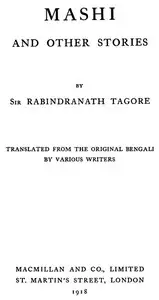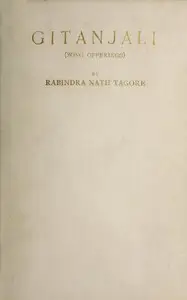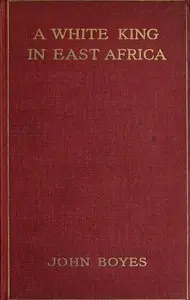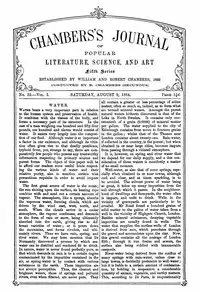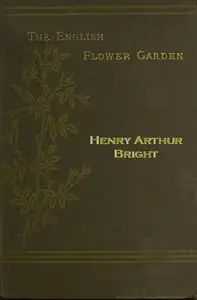"The King of the Dark Chamber" by Rabindranath Tagore is a play written during the early 20th century. The story revolves around the enigmatic and unseen King of a kingdom who remains hidden from his subjects, leading them to question his existence and the nature of his rule. It delves into themes of love, longing, and the quest for truth, mainly through the character of Queen Sudarshana and her desire to see her husband, the King, who is shrouded in mystery. The opening of the play introduces us to a vibrant street filled with citizens who discuss the peculiar nature of their King, who has never been seen in public. Through various interactions, the citizens express their curiosity and frustration regarding the absence of their ruler, leading to a mix of playful banter and serious reflections about authority. The scene sets the tone for a kingdom that feels both festive and constrained, as citizens simultaneously celebrate and question their leader’s hidden nature. Concurrently, in a dark chamber, Queen Sudarshana expresses her restlessness and desire for light, symbolizing the broader longing for connection and clarity in her relationship with the King, setting the stage for the unfolding drama of deception, identity, and desire. (This is an automatically generated summary.)
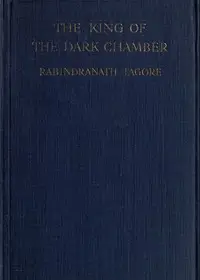
The King of the Dark Chamber
By Rabindranath Tagore
Translated into English by the author.
Rabindranath Tagore was a Bengali poet, writer, playwright, composer, philosopher, social reformer, and painter of the Bengal Renaissance. He reshaped Bengali literature and music as well as Indian art with Contextual Modernism in the late 19th and early 20th centuries. Author of the "profoundly sensitive, fresh and beautiful" poetry of Gitanjali, in 1913 Tagore became the first non-European and the first lyricist to win the Nobel Prize in Literature. Tagore's poetic songs were viewed as spiritual and mercurial; where his elegant prose and magical poetry were widely popular in the Indian subcontinent. He was a fellow of the Royal Asiatic Society. Referred to as "the Bard of Bengal", Tagore was known by the sobriquets Gurudeb, Kobiguru, and Biswokobi.

